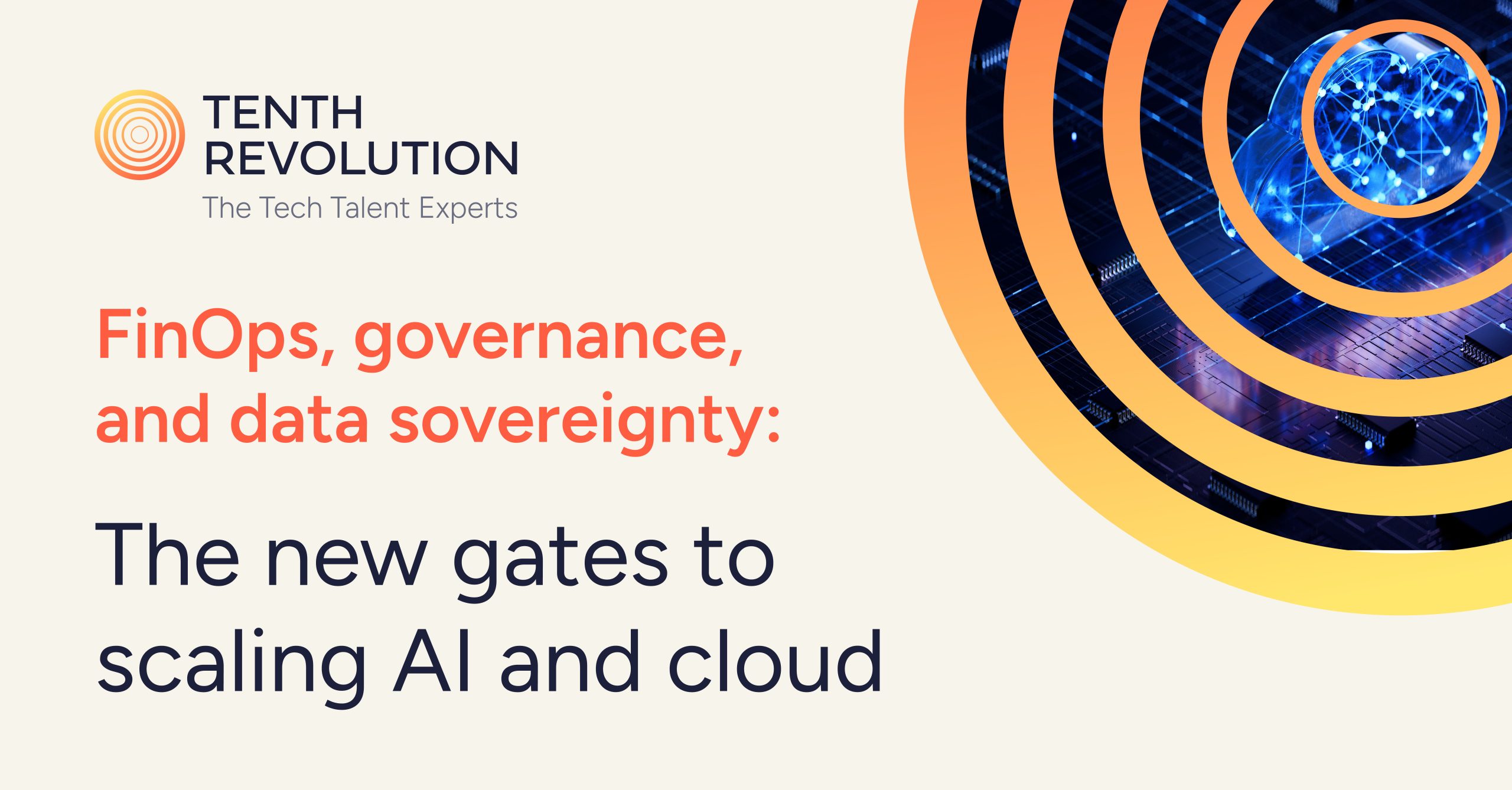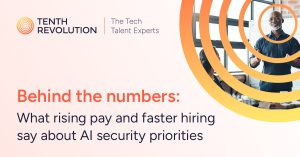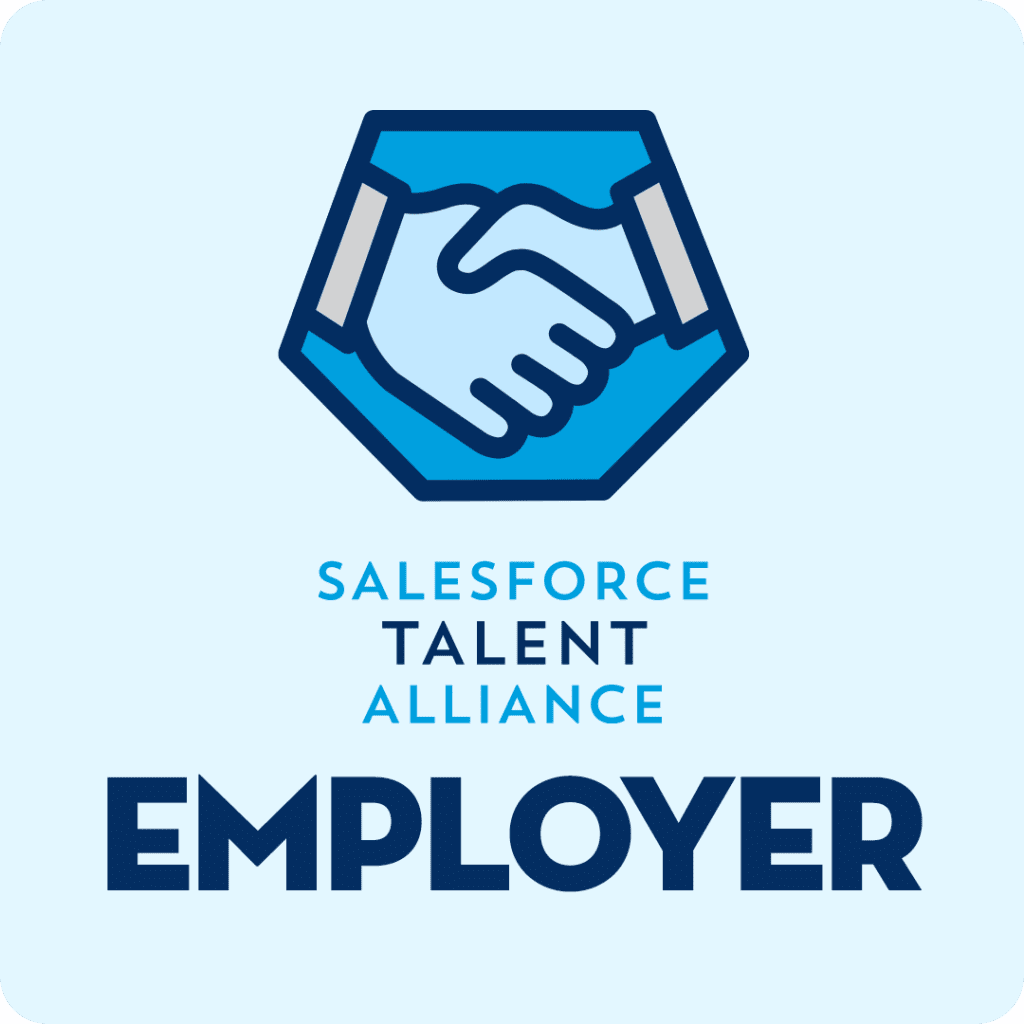The race to adopt generative AI and scale cloud infrastructure is hitting an unexpected bottleneck.
While businesses scramble to deploy the latest models and roll out more compute, they’re also beginning to realize that without ironclad FinOps practices, airtight governance, and clear data sovereignty strategies, even the most ambitious AI programs stall.
Here’s why these factors are becoming critical enablers for growth.
FinOps for AI: The cost of uncontrolled experimentation
Generative AI’s promise comes with a financial reckoning. Training large language models (LLMs), running inference at scale, and managing vector databases consume resources unpredictably. Without FinOps discipline, costs spiral fast:
- Shadow AI, with teams spinning up unmonitored instances of OpenAI or Anthropic models, leading to redundant spend
- Orphaned resources like forgotten GPU clusters left running after experiments conclude
- Unoptimized architectures and overprovisioned deployments that could run cheaper with minor adjustments
The fix? Treat AI spend like cloud infrastructure. Track usage by team, project, and model, enforce tagging policies, and set up automated alerts for anomalies. Companies like Walmart and Capital One now embed FinOps teams directly in AI groups to prevent runaway costs.
Balancing GPU costs, compliance obligations, and multi-cloud complexity is tough. Tenth Revolution Group helps businesses find trusted technology talent who can bring FinOps discipline to AI infrastructure
Governance isn’t slowing you down; bad governance is
Governance often gets framed as the department of “no,” but in AI’s case, it’s the only way to scale safely. The real bottlenecks you should be looking out for are things like:
- Model drift that causes a LLM fine-tuned on customer data to start generating off-brand or non-compliant responses
- Data lineage gaps that prevent the tracing of training data back to its source, creating legal risk
- Access chaos with developers, data scientists, and third-party vendors all touching the same models without clear controls
Forward-thinking firms are solving this with policy-as-code, creating automated guardrails so governance doesn’t require manual reviews. Salesforce, for instance, uses metadata tagging to enforce rules like “models trained on EU data can’t deploy in Asia without review.”
Data mesh: Governance that scales with innovation
Centralized data governance models, where IT dictates every policy, often clash with the pace of modern business. Data Mesh, an emerging paradigm, offers a solution. Instead of a bottleneck, governance becomes a shared responsibility. Business units own their data domains but adhere to global standards, enabled by self-service tools. Imagine a marketing team checking compliance rules via an API before launching a new customer analytics project—no tickets, no delays. For executives, this approach balances control with agility, ensuring governance doesn’t stifle innovation.
Looking to strengthen governance across your AI and cloud projects? Tenth Revolution Group can provide access to the trusted technology talent who know how to align cost, security, and compliance.
Data sovereignty: The invisible wall for global AI
Data localization laws are fracturing the cloud. Brazil’s LGPD, China’s PIPL, and the EU’s AI Act all impose strict rules on where data lives and how it moves. For AI teams, this creates two headaches:
- Training data trapped in regions: Want to train a model on customer interactions? If that data can’t leave Germany, your options shrink fast.
- Inference in the wrong place: Deploy an AI chatbot globally, and suddenly you’re risking fines because responses are processed in a non-compliant cloud region
Solutions are emerging, like sovereign AI clouds (Microsoft and AWS now offer in-region GPU clusters) and federated learning (training models on localized data without centralizing it). But without a proactive strategy, companies face delays,or worse: forced shutdowns.
Where to go from here
- Start with FinOps visibility: Before scaling AI, implement cost-tracking at the model level
- Bake governance into the pipeline: Use automated policy checks, not manual reviews
- Design for sovereignty early: Map data flows and choose cloud partners with regional compliance in mind
Speed is great. Everyone wants to go faster. But the core benefits that speed brings are what really matter: enabling financial control, governance agility, and legal foresight. Companies that master this crucial trio won’t just deploy faster, they’ll scale further.
Looking for data talent with an eye for compliance and governance?
We can help you find the trusted tech talent you need to grow while checking all the right boxes.
Get in touch today to get started.











